World Cup: Why are top teams doing so badly?
Ego, injuries, bad attitudes and maybe, just maybe, other teams are getting better
Uruguay v France
Share
Every World Cup is bound to produce its share of upsets and poor performances by heavyweight teams. But the opening round of the 2010 tournament has seen a whole slew of uninspiring displays from some of the favoured squads: France and Italy were complete disasters, England stumbled early, Spain and Germany both suffered surprising losses—even Brazil squeaked past North Korea by only a single goal.
Why has the group stage of this tournament been so unpredictable? Is it just dumb luck, or could there be something else at play?
Next: Do the dominant players’ egos get in the way?
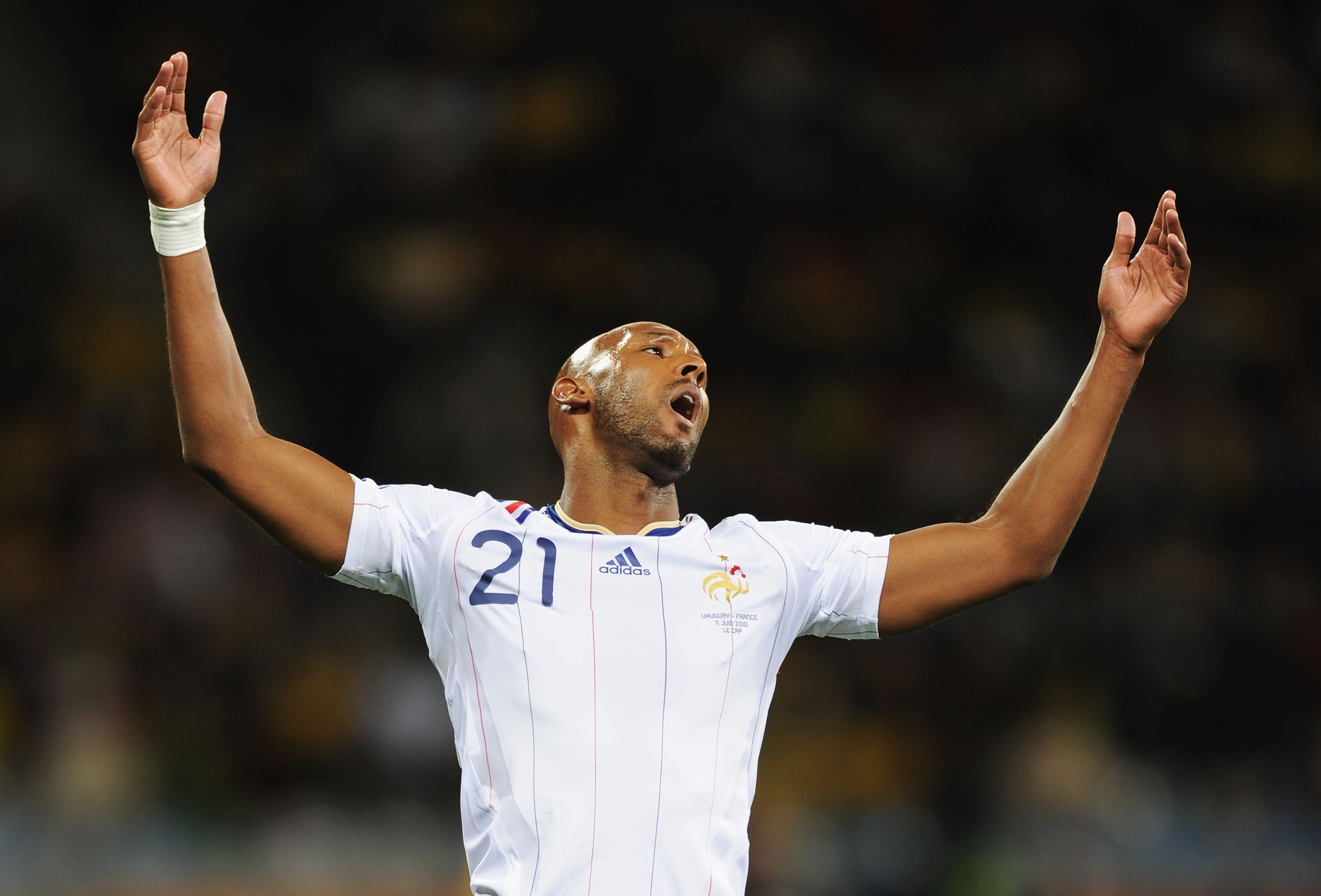
Clash of the titanic egos
By the end of their winless exit from the tournament, the French team had completely disintegrated. Striker Nicolas Anelka had been sent home after a dust-up with manager Raymond Domenech, the players refused to attend practice, and the entire squad seemed uninterested in their performance on the pitch.
Big stars often carry big egos, and having too many of those in the same room can be poisonous to a team’s chances. What smaller countries may lack in individual talent, they can often compensate for in team cohesion and adherence to a playing system. Hence, in a must-win group game, we saw France—full of European firepower—meekly bow out to a group of relative unknowns from South Africa.
Next: Did coaches pick the wrong players?
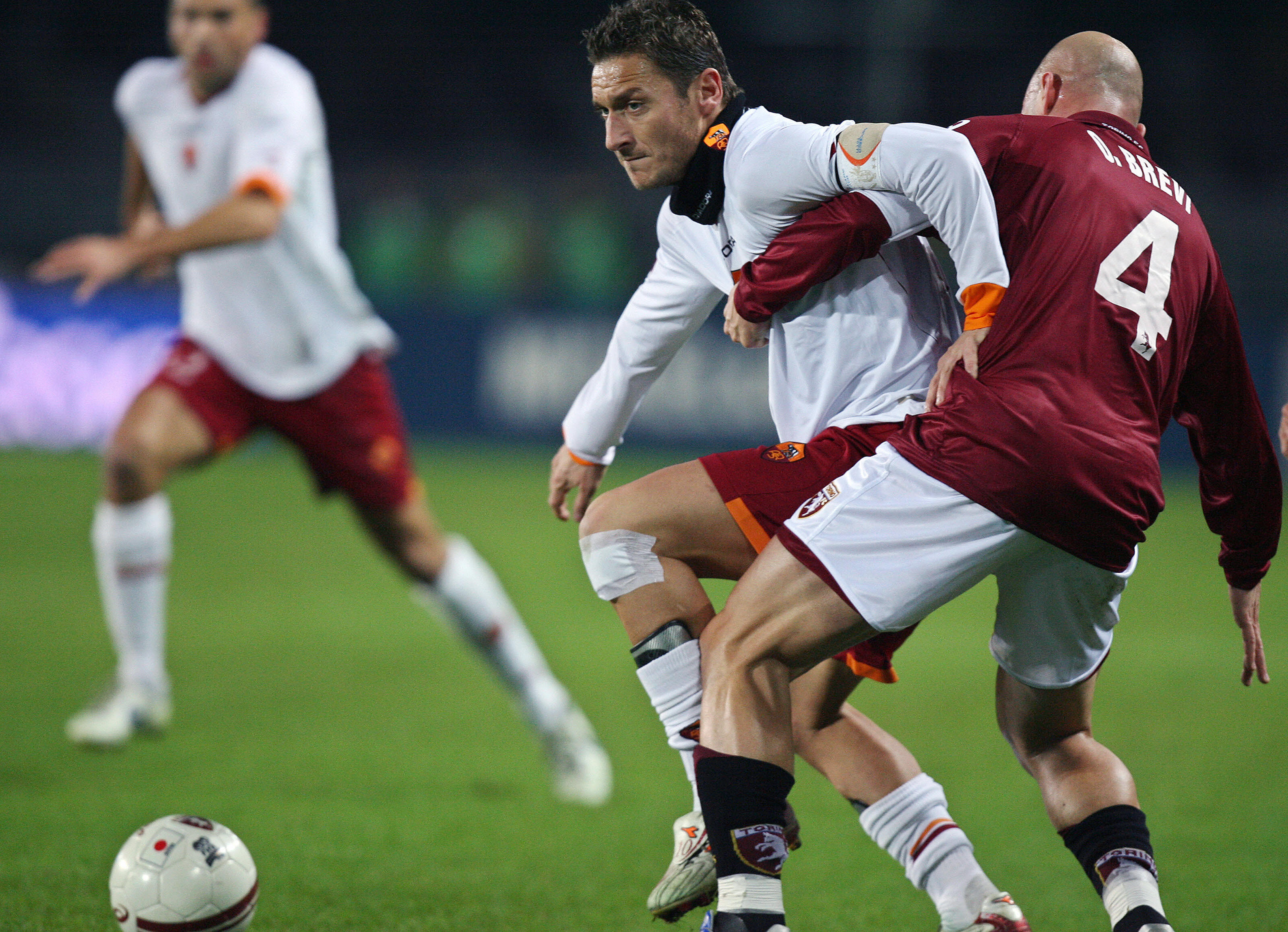
The odd squad?
A country can have all the history and pedigree in the world, but their World Cup fate still rests on the 23 men selected to the roster. Selecting those 23 names from a potential list of hundreds is a difficult task for a manager, and sometimes, the players who aren’t there can mean as much as the ones who are.
For years, Francesco Totti and Alessandro Del Piero were key figures for the Italian team—but in 2010, manager Marcello Lippi left them at home. At 33 and 35, respectively, surely Totti and Del Piero have seen their best days come and go. But consider that Fabio Cannavaro is Italy’s captain, at the ripe old age of 36.
The debate could rage indefinitely about whether Lippi’s decision was correct, and whether the missing players would have made a substantive impact on this tournament. Some say the Italian team was too old as it was. But plenty of Azzurri fans will argue with Totti or Del Piero, the team wouldn’t have finished winless and at the bottom of Group F. We’ll never know.
Next: Is it just that so many stars are injured this time around?
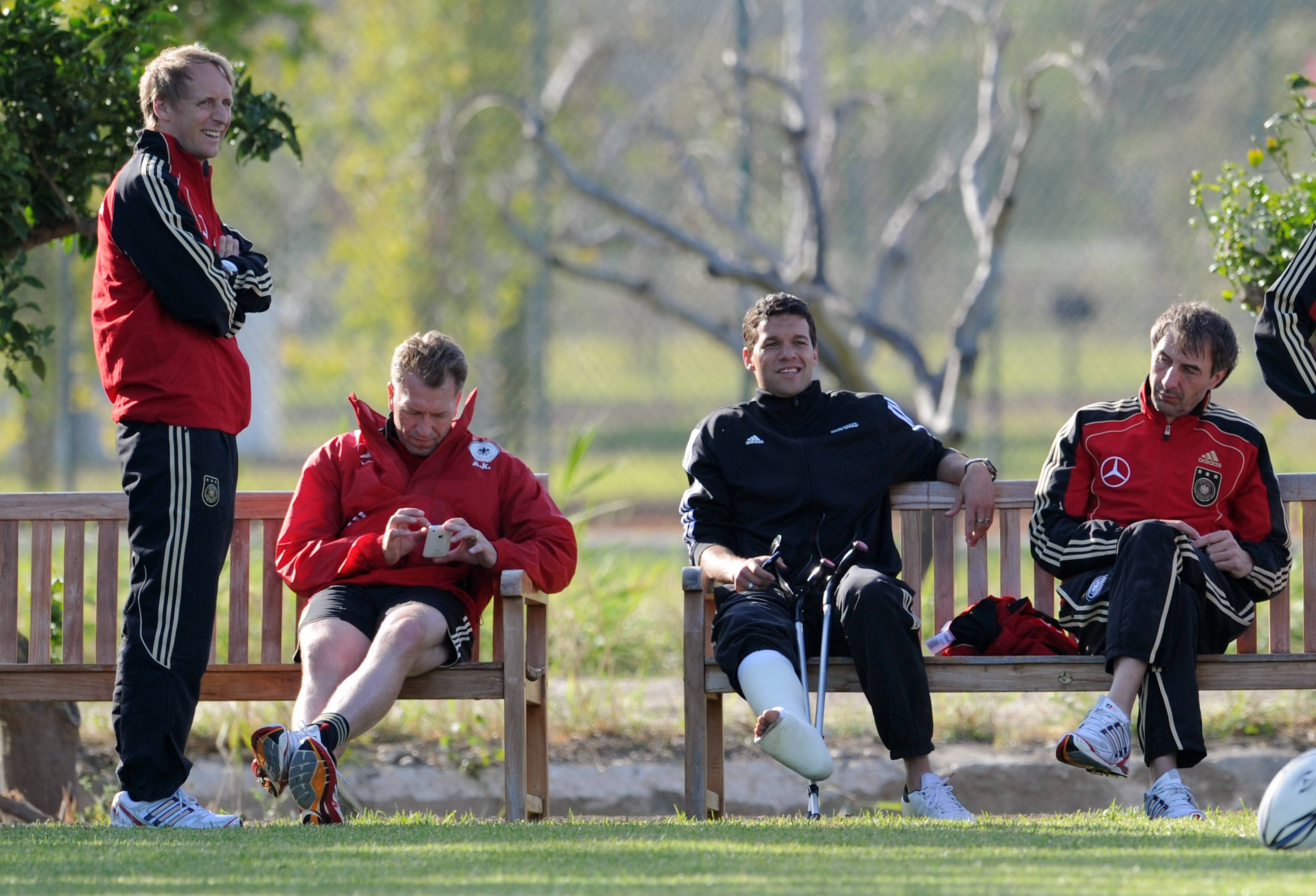
Wrong place, wrong time
In an alternate universe with 100-man rosters, unlimited substitutions and no injuries, the traditional powers would nearly always win. But World Cup teams, like the rest of us, are forced to live in reality. That means that all of the preparation that goes into the four-year wait between tournaments can be undone if key players fall to injury at the wrong time.
The favourites seemed to be hit especially hard by the injury bug in 2010: both Germany and England lost their captains (Michael Ballack and Rio Ferdinand, respectively) right before the tournament began. Some of Spain’s key players—Fernando Torres, Cesc Fabregas and Andres Iniesta—were at less than 100% in South Africa. Both Brazil (Julio Cesar) and Italy (Gianluigi Buffon) saw their starting goalkeepers pick up injuries as well.
Powerhouse countries rely heavily on star players—those who play the longest seasons, with the most pressure, at the highest level of play. Sooner or later, the wear and tear will add up for even the fittest of athletes… plus, there’s the ever-present threat of picking up a knock from an opponent’s errant tackle. Just ask Ballack.
Next: Maybe other teams are just getting better?
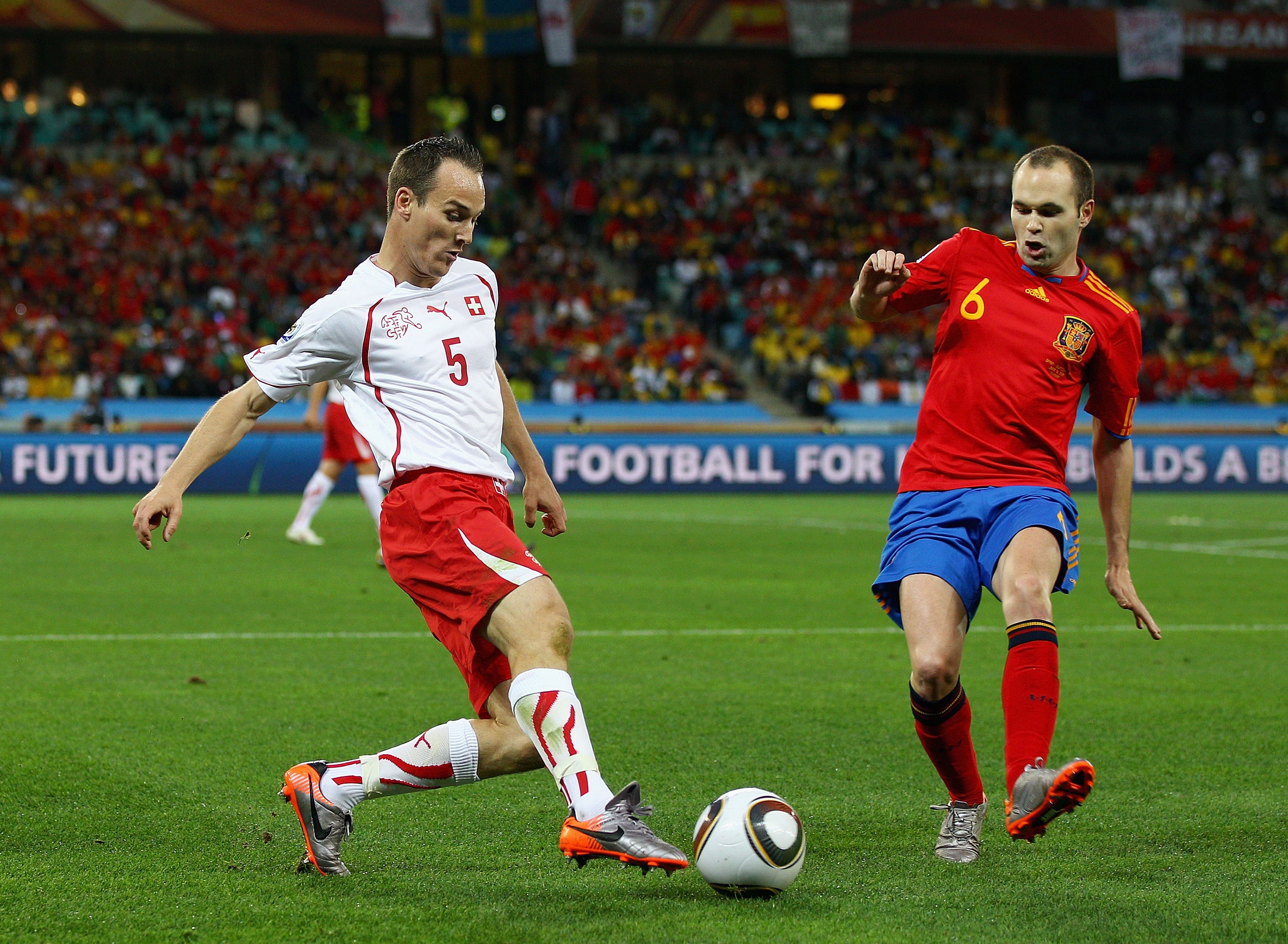
Increased parity in the international game
Only seven countries have ever won the World Cup, so the traditional powers will naturally enter the tournament as favourites. But as soccer talent continues to disperse across the globe, perhaps it’s time for followers of the game to recalibrate their expectations.
The USA’s draw against England caught some off-guard, but the difference in on-field ability wasn’t vast enough to deem it a total shock. Despite low expectations, New Zealand potted an early goal against the defending champions, Italy, and had the manpower necessary to hold on to a draw.
And the first big surprise came when Switzerland managed to contain Spain’s high-powered offence and hold on to a 1-0 victory. Those calling it a fluke may have overlooked the fact that, heading into the game, the Swiss hadn’t allowed a goal in 391 minutes of World Cup action (and would go on to break the record for consecutive minutes without conceding).
Maybe this is just the beginning. As globalization marches on, could we see a further narrowing of the talent gap between the traditional powers and the rest of the world?
Next: Did FIFA botch the ball?
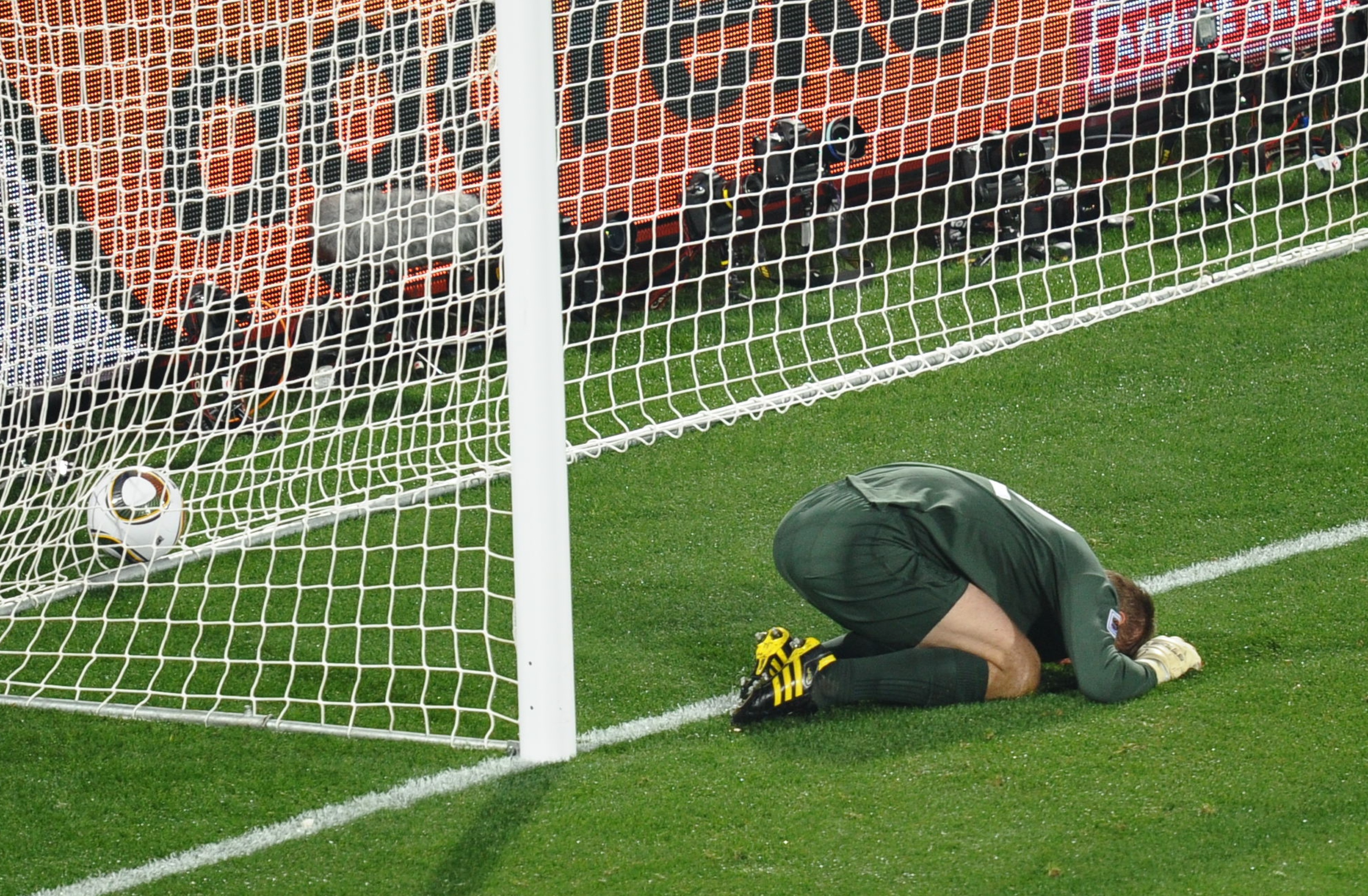
Blame the ball – it’s what all the cool kids are doing
Following goalkeeper Robert Green’s momentous gaffe against the USA, England captain Steven Gerrard suggested the new Jabulani ball being used in the 2010 World Cup (supposedly the “most stable and most accurate” ever) may have been partially to blame for the goal. In England’s next game, against Algeria, Gerrard himself hit several shots that flew uncharacteristically adrift of the net.
Poor form or bad luck, perhaps—or could it be the Jabulani? Joe Hart, England’s third goalkeeper, also voiced concern about the ball—and was joined in that regard by his counterparts from Spain, Italy and Brazil. It wasn’t just the keepers, either—Spain striker Fernando Torres was among the attacking players to question the Jabulani, saying his team was having a “bit of bother” with the ball.
It’s difficult for observers to quantify the impact of the Jabulani, or any new ball. But if the ball is moving in unexpected ways, it could lead to some unexpected results on the score sheet.
Next: Could the matches be rigged?
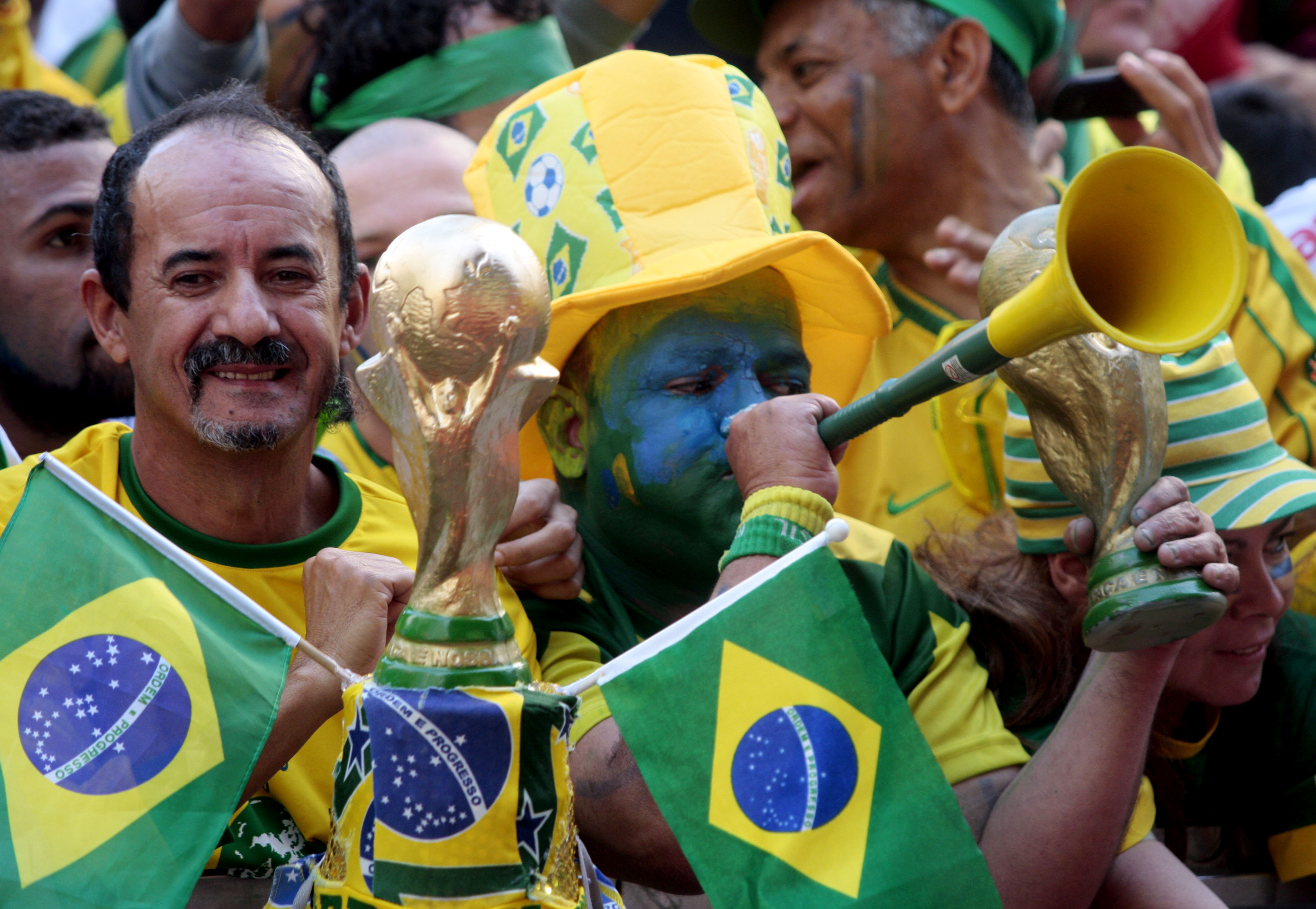
The specter that dare not speak its name
No one likes to think about the possibility that games in the World Cup might be rigged—but the depressing prospect lingers nonetheless. Canadian author Declan Hill risked life and limb exposing the inner workings of international gambling rings in The Fix, and provided evidence that match-fixers may have had an influence on a game in the 2006 tournament between Brazil and Ghana.
There’s been no substantive suggestion of impropriety in this year’s tournament relating to Brazil or any other team. But with billions of dollars in betting money at stake, is it possible that the results on the pitch are being manipulated by shadowy underworld figures?
Next: What if it’s all just dumb luck?

Or maybe it’s all just dumb luck
The underwhelming performances of the favourites may just be a statistical anomaly—after all, it’s soccer we’re talking about. You put 22 players on the field, give them 90 minutes, and you never really know what could happen. The upsets and the drama are what make soccer—and all sports—so riveting.
And sure, World Cups have a way of sorting themselves out—despite early-round shocks, the world powers nearly always find a way of dominating the final. But maybe this is the year that changes. One bad decision here, one bad bounce there, and the whole landscape of international soccer could change. We shall see.
Daniel Squizzato writes for Some Canadian Guys Writing About Soccer, which takes a passionate (and often irreverent) look at the Canadian soccer scene, major international tournaments and all sorts of odds and ends related to the beautiful game.